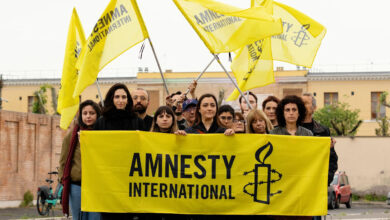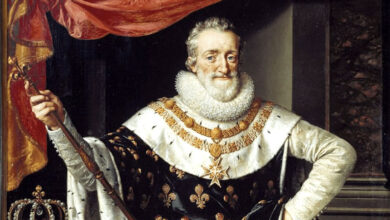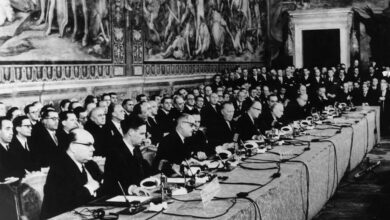The Web Goes Worldwide: CERN’s Gift to the Digital Age
On April 30, 1993, the European Organization for Nuclear Research, better known as CERN, made a groundbreaking decision that would forever change the landscape of information and technology: they released the World Wide Web source code to the public domain. This monumental act, spearheaded by Tim Berners-Lee and his team, marked the official birth of the Web as a free, open platform. Making the Web’s source code freely available ensured that it could be accessed and developed by anyone around the globe, laying the foundational framework for the incredibly vast and interconnected digital world we navigate today. Before this, the Web had been a project largely confined to academic and research circles, but CERN’s announcement catalysed its transformation into the ubiquitous global communication tool it is now.
The release was not just about making the Web’s technology available for free; it was a statement about the power of sharing knowledge and fostering global collaboration. By choosing not to patent the Web, CERN facilitated an explosion of creativity and innovation that led to the modern Internet’s development. In the months and years that followed April 30, 1993, individuals and institutions worldwide began creating their own web pages, contributing to the rapid Web expansion. This open-access policy encouraged the spread of information and democratised the Internet, allowing people from all walks of life to participate in the digital revolution. The day CERN released the World Wide Web source code stands as a milestone in technological history, embodying the spirit of openness and cooperation that continues to drive the evolution of the Web.





